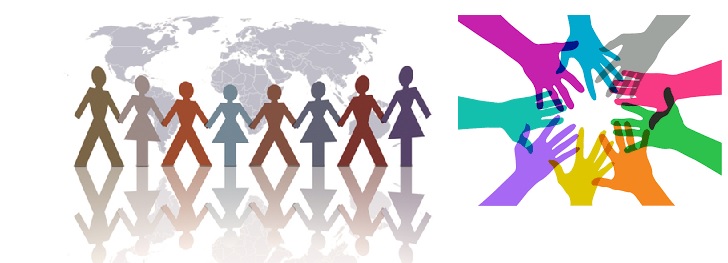
BY MENGISTEAB TESHOME
National dialogue continues to make headlines around the world for its incalculable outcome in terms of convening diverse groups together to grapple about the underlying issues at hand, address challenging matters, breaking political deadlock; resolve persistent and deadly conflicts and for peaceful transformation.
As it is an inclusive platform and enables to address wide variety of issues, in some circumstances, leaders—civic or political elites—hold a genuine conviction that an inclusive conversation can forge progress toward elusive peace. In others, leaders use it to cement their power, extend their terms, or co-opt opposition while placating critics under the guise of consultation and inclusion.
As a result, many countries, especially those which were in protracted conflict held national dialogues for productive outcome- to resolve conflicts and sustain peace. Nations including Yemen, Tunisia, Sudan, and Lebanon among others held national dialogues though the outcomes differ from countries to countries.
The national dialogue held in Tunisia, however, is always mentioned as successful dialogue and the main civil society organizations behind this National Dialogue, the so-called Quartet, received the Nobel Peace Prize in 2015 for building the political basis for profound constitutional and institutional reform, as documents indicate.
Correspondingly, understanding the importance of holding principled national dialogue to resolving the political problems of the country and ending the conflict, last year the Ethiopian Parliament approved a proclamation to establish a National Dialogue Commission.
According to the proclamation, the national dialogue’s main objective is to resolve the “difference of opinions and disagreements among various political and opinion leaders and also segments of society in Ethiopia on the most fundamental national issues through broad-based inclusive public dialogue that engenders national consensus.
The move is also getting international recognitions and support from various nations. And currently, the National Dialogue Commission, which is established with this same purpose and mission, is undertaking various activities.
“In my view, staging national dialogue is an important move to deal differences in civilized manner, address a wide variety of national issues and the root causes of conflict; of course at the end of the day to reach agreement on key issues facing a country,” said Tsehaye Asnakea resident of Shewa Robit Town, North Shewa Zone of Amhara State.
Speaking to The Ethiopian Herald, Tsehaye said that, peace could not be realized through conflicts and war. Rather, it could be materialized through discussions and negotiations, and national dialogue is the best cure and tool. “It is high time to make the process credible, and the willingness and commitment of the major stakeholders should be secured.”
As to him, the dialogue should device mechanisms to include a broad range of stakeholders and enabling conditions to keep the general public informed and engaged in the preparatory phase, as broader public participation is critical to gain legitimacy, communicating results, and channeling the expectations of ordinary Ethiopians into the process.
He further noted that, because historical analysis have been demonstrating that procedural fairness and inclusivity are key features of national dialogues that are successful in transitioning toward lasting and sustainable peace, the Commission should work on it for productive result.
“The top priority of the Commission should be conducting and making sure that the process and the outcome is free from any interest. The inclusiveness point should be well framed in bold way,” he opined.
Alemu Assefa, from Dessie Town for his part noted that the move is commendable because the sole way to ensure lasting peace and development is discussion. “I am thrilled to the initiative because it tries to encompass all actors, and concerned bodies, but I recommend the Commissioner to invite the political parties designated as terrorists and the people of Tigray. The youths, elders, women as well elites should part take without the interferences of other bodies, he added.
Shambel Sharew from Shewa Robit also said that, the national dialogue should identify the underlying cause of the conflict in the nation. Agendas that could benefit and treat all equally should be framed. What is more, the whole actors should be informed what is the dialogue trying to accomplish, what powers does it have and how does it relate to existing institutions. Clear answers to these questions are crucial for several reasons that could lead to concrete outcomes.
The Ethiopian Herald June 7/2022





